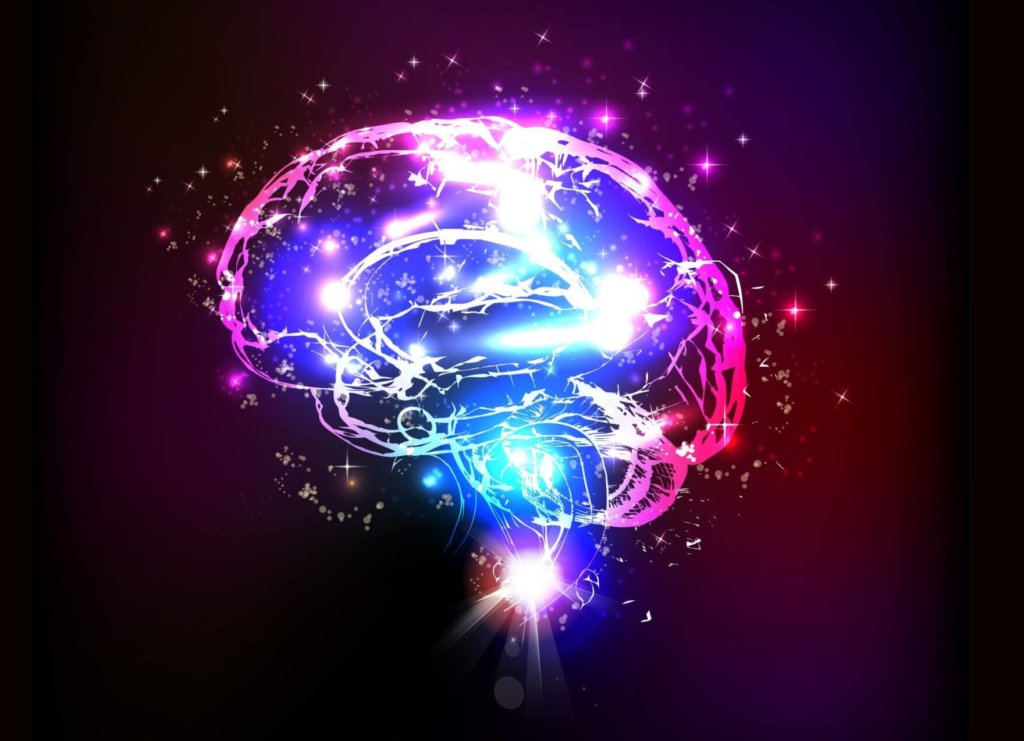Harvard researchers hope to finally explain why some brains are practically unaffected by natural aging processes
The brains of so-called “super agers” — individuals who seem impervious to the decline of cognitive functionality with age — appear resistant to the normal atrophy of brain volume associated with aging, according to ongoing research from the Harvard Medical School and Massachusetts General Hospital. This could unlock new insights into how and why some brains are unaffected by the natural aging process and lead to potential interventions to reverse those cognitive functions impaired by age-related decline.
For the vast majority of people, the brain will diminish in size with age, and lose some of the connectivity that allows it to communicate efficiently between regions. While these natural age-related declines are unrelated to any sort of pathology or disorder, they still tend to cause a general reduction in cognitive abilities as you get older, which includes memory, focus, and executive functions.
But for super-agers, the seemingly inherent decline of cognitive function with age doesn’t occur, leading researchers to explore how they maintained their unique level of mental sharpness. Why and how an individual becomes a super-ager remains unknown, though researchers believe both genetics and environment play a large role.
How do super-agers’ brains compare to others?
Researchers examined both structural and functional MRI brain scans of super-agers for this study, searching for deviations in expected volume loss, and connectivity between regions, compared to the average person.
“What we found was that when compared to their peers, super-agers have a thicker cortex. That’s not in just a few regions. It’s throughout the cortex, and not only in regions that are traditional memory regions, but also regions important in other functions that contribute to memory, such as attention or executive function,” said director of imaging operations at MGH’s Frontotemporal Disorders Unit, Alexandra Touroutoglou, in a statement.
In addition to brain volume differences, researchers learned that super-agers maintained an enhanced level of connectivity between brain regions. In fact, the level of connectivity in super-ager brains was “statistically indistinguishable” from that seen in the brain of a young adult.
“A question we are very interested in is this: Even if you didn’t start out with superior memory abilities — because of your genetics — how can you preserve the memory and cognitive abilities that you’ve always had so that you can avoid typical age-related decline?” asks Touroutoglou.
Looking to the future
Researchers continue their work, eager to uncover the specific disparities found in super-ager brains. The team’s most recent study focuses on the visual cortex, which is known to play a big hand in memory.
“We found that the super-agers’ brains’ visual cortices maintained youthful activity patterns. They had the same high level of differentiation as a young adult, which enabled them to create distinct representations more efficiently and then remember better than typical older adults,” says Touroutoglou.
Further insight may reveal potential actions a person can take throughout their life to improve their chances of becoming a super-ager, and lead to noninvasive techniques to stimulate brain activity that could restore lost cognitive functionality caused by aging.
Additional members of the research team from MGH and Harvard Medical School included Bradford Dickerson, director of the Frontotemporal Disorders Unit; Lisa Feldman-Barrett, a senior investigator in psychiatry; Joseph Andreano, an instructor in psychiatry; and Yuta Katsumi, an instructor in neurology.
Article by Adam Swierk












